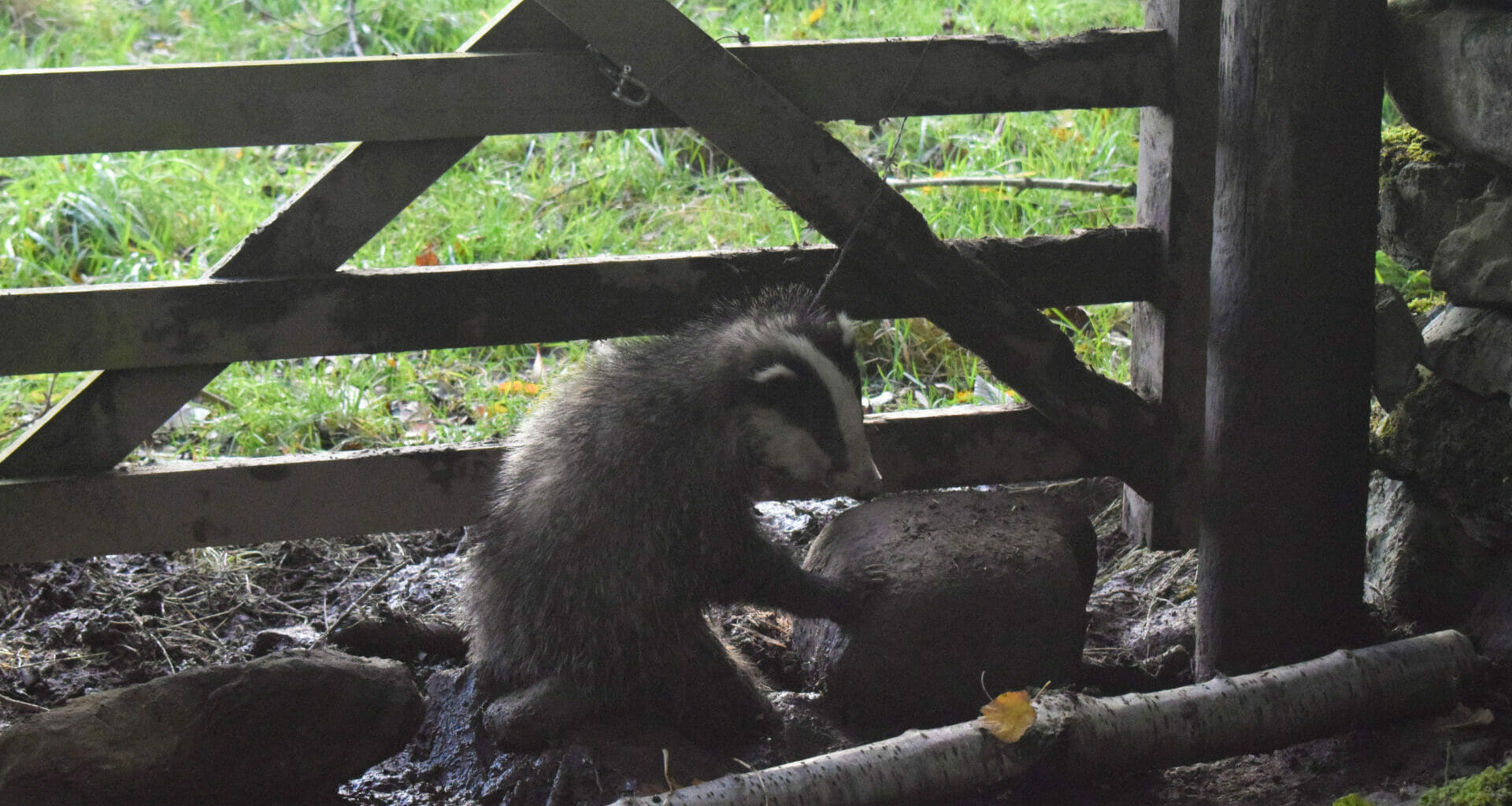The use of snares for catching animals looks set to be banned by the Scottish Government after years of campaigning by animal welfare groups.
A snare is a thin loop of wire, anchored and positioned to catch an animal around the neck.
They are often used on or near sporting estates to protect game birds from foxes, but also target rabbits and hares.
Animal welfare charities have been calling for a ban for years, arguing snares are cruel and trap or kill other wild animals and pets.
The Scottish Gamekeepers Assocation says that new humane traps could be used instead.
The Ferret reported in April this year that dogs, deer, cats and badgers were among non-target species caught by snares in 2022.
In one case, a woman discovered her 15-month-old Border Terrier, trapped by his neck in a snare, choking in distress, two and a half hours after the pet had gone missing.
The government has started a consultation on its plans to ban the use of snares.
Environment minister, Gillian Martin, said snare traps lead to “unnecessary suffering” and the proposals are part of efforts to ensure that wildlife management is “both sustainable and humane”.
She added: “Currently, only a small number of farmers and land managers use snare traps. More effective and humane forms of managing wildlife are available and we will continue to support the industry to make use of these methods.”
Bob Elliot is director of the animal welfare charity, OneKind, which has long campaigned for a ban. He welcomed the move and urged the government to make a ban “watertight” and not consider any exceptions that could weaken it.
Elliot added: “The regulation of snares has failed to protect animals from the extreme physical and mental suffering caused by these archaic devices.”
Chris Packham, the wildlife TV presenter and conservationist who is a patron at OneKind, said: “These torture devices ought to have been banned a long time ago and I’m glad that the Scottish Government has finally recognised snares for the unacceptably cruel traps that they are.
“Snares inflict so much suffering on wild animals and so I’m delighted that both the Scottish Government and the Welsh Government have taken a stand against snares. The UK Government must not lag behind.”
However, Alex Hogg MBE, chairman of the Scottish Gamekeepers Association, argued there should be a transition towards “humane holding devices” which should be “legally available to trained operators only”.
The new devices enable non-targets such as badgers and deer to trigger a “break-away”, enabling them to free themselves, Hogg said.
He added: “When the Scottish Animal Welfare Commission recommended a snare ban, they did so without having seen these new devices in field operation in Scotland.
These torture devices ought to have been banned a long time ago and I’m glad that the Scottish Government has finally recognised snares for the unacceptably cruel traps that they are.
Chris Packham, wildlife TV presenter, conservationist and patron at the animal welfare charity, OneKind.
“We feel these new devices strike exactly the right balance between animal welfare and the needs of land managers, in a rural country, to be able to legally control fox numbers to prevent serious damage to livestock and ground-nesting birds of special conservation concern.”
The new provisions could be included in the Scottish Government’s upcoming Wildlife Management and Muirburn (Scotland) Bill.
The consultation runs until 3 October.
Photo credit: Alexis Fleming














